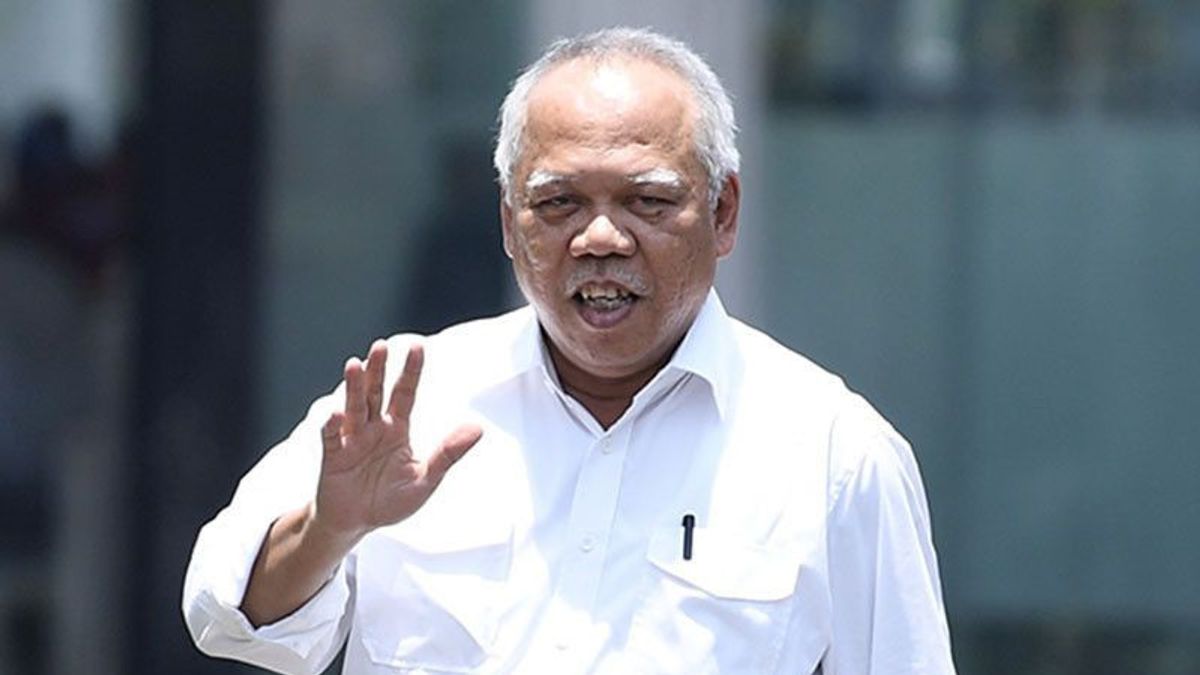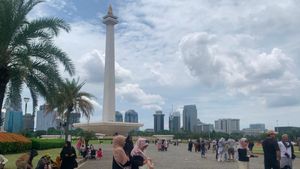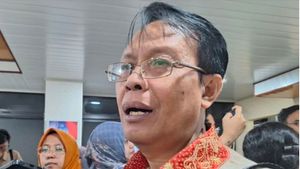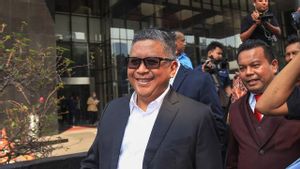JAKARTA - Minister of Public Works and Public Housing (PUPR) Basuki Hadimuljono said the Indonesian government was serious in overcoming problems in the clean water, sanitation and health sectors.
This was said by Basuki at the opening of the sector ministers' meeting (SMM) 2022, which was attended by 69 ministers dealing with the water sanitation and hygiene (WASH) sector from 48 countries around the world.
"Indonesia has involved various stakeholders, including from ministries, civil organizations, to academics to discuss and review the draft commitment for the 2022 QMS. Thus, this new commitment is the result of ongoing consultations from various parties over a period of more than a year," Basuki said in a statement. his statement, Thursday 19 May.
In the event, Basuki expressed four main commitments that form the basis for managing the WASH sector in Indonesia.
First, by increasing political commitment and investment to accelerate improvements in the clean water, sanitation and health sectors, and reduce stunting rates in Indonesia.
This is because development in the water and sanitation sector plays an important role in alleviating extreme poverty, as well as reducing stunting.
The second commitment is to strengthen community-based monitoring and reporting to ensure a sustainable clean water, sanitation and health sector.
"To ensure accountability from the Water and Sanitation sector, we developed a database system consisting of a management information system for PAMSIMAS in the drinking water sector, and SANIMAS in the sanitation sector," said Basuki.
Third, the development of clean water, sanitation and health infrastructure that is resistant to climate change.
"Since 2015 until now, Indonesia has built 61 new dams and optimized 231 existing reservoirs to address the challenges of climate change," he explained.
Furthermore, the last commitment is to expand cooperation and mobilize alternative financing to improve the clean water, sanitation and health sectors.
"The Indonesian government is committed to reducing the extreme poverty rate from 4 percent to 0 percent in 2024. This strategy can be achieved through a cross-sectoral regional development approach," concluded Basuki.
The English, Chinese, Japanese, Arabic, and French versions are automatically generated by the AI. So there may still be inaccuracies in translating, please always see Indonesian as our main language. (system supported by DigitalSiber.id)













